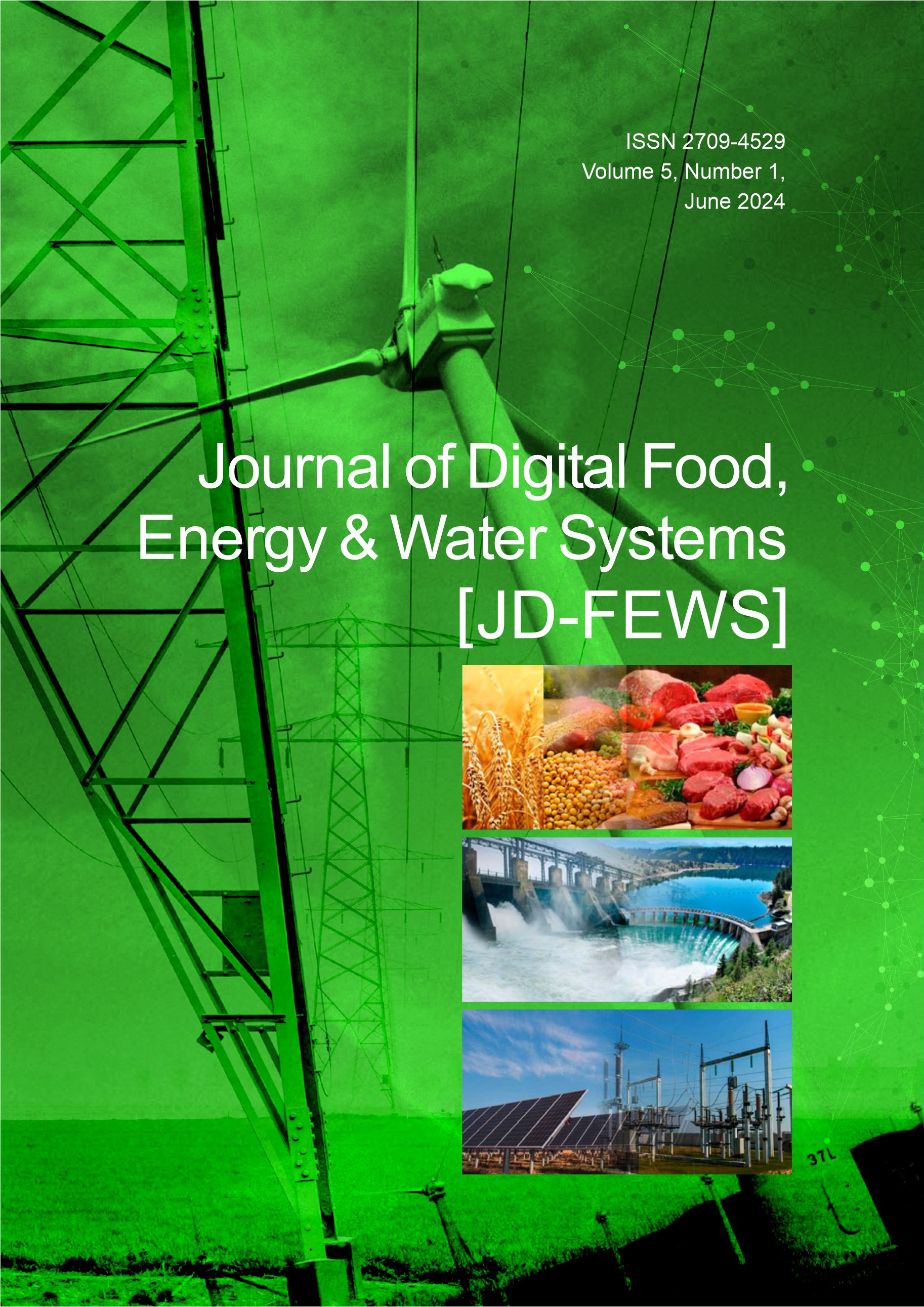Integration of Wind Power for Sustainable Energy at Lagos State University of Science and Technology: A Feasibility Study
Main Article Content
Keywords
Wind Power, Energy, electricity demand
Abstract
This study investigates the feasibility of integrating wind power generation at Lagos State University of Science and Technology, specifically within the Mechanical Engineering Department, to address persistent electricity supply challenges in Nigeria. The research focuses on the application of a five-bladed horizontal axis wind turbine (HAWT) and emphasizes the urgent need for sustainable energy solutions due to the depletion of conventional sources and the environmental impact of fossil-fuel-powered generators. The methodology involves mathematical modelling to analyze wind shear exponent, Weibull distribution, maximum power available, and capacity factor. Utilizing the FZ-3000 five-bladed HAWT, data is collected using a wireless wind anemometer.
The results reveal a calculated wind shear exponent aligned with terrain characteristics, emphasizing the impact of obstructions on wind speed. Analysis of average wind speed throughout the day demonstrates the potential for continuous power generation at the Mechanical Engineering Department of the Lagos State University of Science and Technology. Examination of wind speed at different heights underscores the significance of elevated turbine towers for capturing higher wind speeds and optimizing power output in the specific context of Lagos State University of Science and Technology. The calculated capacity factor of 44.17% suggests the viability of large wind turbine installations within the Mechanical Engineering Department, with room for improvement through routine maintenance.
This research contributes valuable insights into harnessing wind power at Lagos State University of Science and Technology, particularly within the Mechanical Engineering Department, addressing technical and environmental challenges for sustainable energy development.


